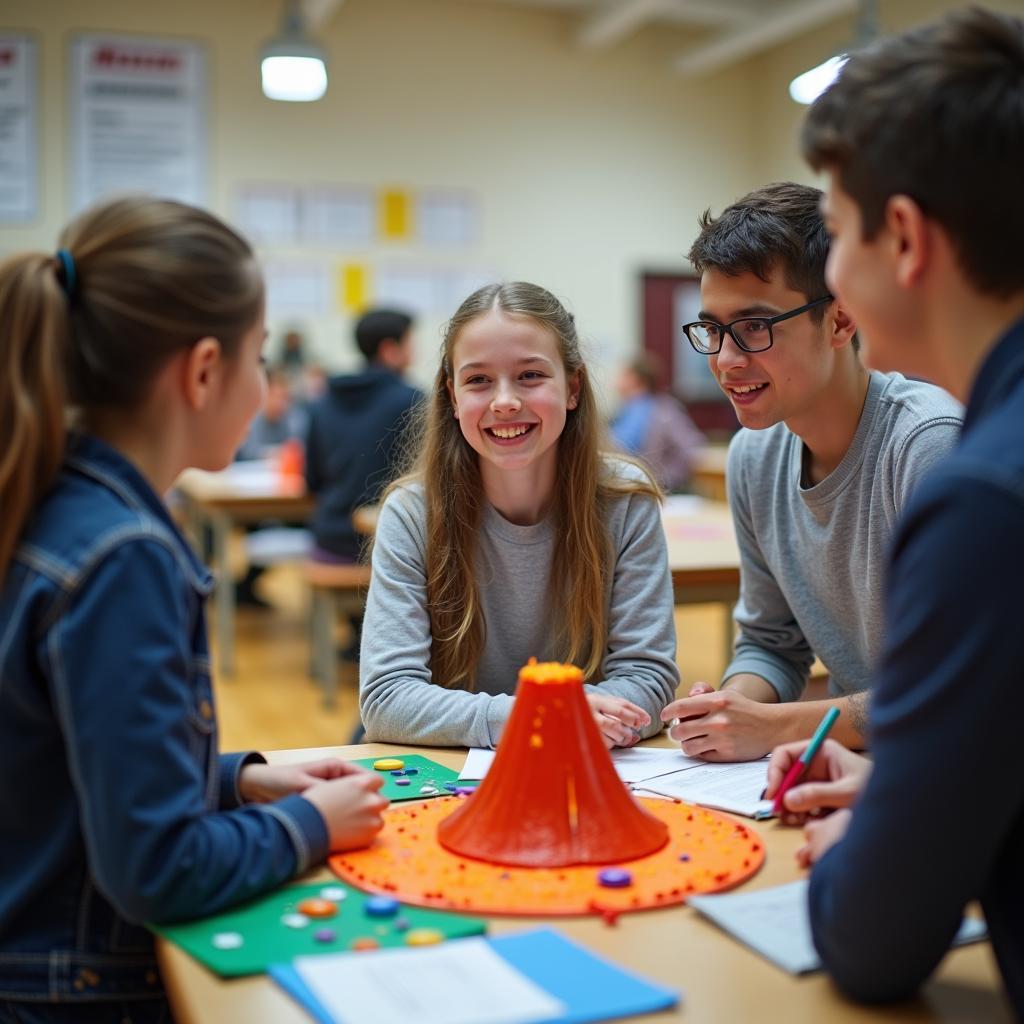When preparing for the IELTS Speaking test, having a well-constructed response to typical questions such as “Describe a time when you were in a school” is vital. Let’s delve into how to approach this question effectively, ensuring you are equipped to impress the examiner and secure a high band score.
I. Introduction
The IELTS Speaking test evaluates your ability to communicate effectively in English. This includes fluency and coherence, lexical resource, grammatical range and accuracy, and pronunciation. Questions focusing on experiences at school are common, providing opportunities to showcase a range of vocabulary and complex sentences.
II. Main Content
1. Part 1: Introduction and Interview
In Part 1, the examiner might ask general questions about your background, interests, or daily life. Here are some examples:
Example Question: “Do you remember your first day at school?”
Suggested Answer:
“Absolutely, I remember my first day at school vividly. It was both exciting and nerve-wracking. I was about six years old, and I remember clinging to my mother’s hand as we walked through the school gates. The vibrant colors of the classroom and the friendly demeanor of my teacher, Mrs. Nguyen, made the experience memorable. Over time, I adapted and made many friends.”
2. Part 2: Long Turn
Cue Card Example
Describe a time when you were in a school
You should say:
- When it was
- What happened
- How you felt
- And explain why it is a memorable experience
Suggested Answer:
“One of the most memorable times I had in school was during a science fair when I was in the seventh grade. It was held in December, right before the holiday break. My classmates and I had been preparing our projects for weeks. I decided to create a model volcano, which could mimic an eruption using baking soda and vinegar. On the day of the fair, as I demonstrated my project, the ‘eruption’ went smoothly, and the judges seemed quite impressed.
The entire experience was incredibly gratifying. I felt a tremendous sense of accomplishment because not only did I learn a lot about volcanic eruptions and chemical reactions, but I also managed to convey that information effectively. What made it truly special was winning the first prize. This event is memorable to me because it was a culmination of hard work, creativity, and presentation skills.”

Follow-up Questions
Examiner: Why do you think science fairs are important in schools?
Suggested Answer:
“Science fairs play a crucial role in schools because they foster critical thinking and creativity among students. They encourage students to explore real-world problems and come up with innovative solutions. Furthermore, they provide a platform for students to present their findings and develop public speaking skills, which are invaluable throughout life.”
3. Part 3: Two-way Discussion
Examiner: How has the role of schools changed in society over the past twenty years?
Suggested Answer:
“Over the past two decades, the role of schools has evolved significantly. Traditionally, schools were primarily focused on academic learning. However, today’s schools emphasize a holistic approach to education, encompassing not just academics but also emotional intelligence, critical thinking, and digital literacy. This shift is a response to the changing demands of the modern workforce and the need to prepare students for a fast-paced, technology-driven world.”
III. Essential Vocabulary and Phrases
To excel in the IELTS Speaking test, integrating a range of advanced vocabulary and complex grammatical structures is key.
- Foster: to encourage the development of something (e.g., “Science fairs foster critical thinking.”)
- Culmination: the highest point of achievement (e.g., “Winning was the culmination of our efforts.”)
- Vividly: clearly (memories or images in one’s mind) (e.g., “I remember my first day vividly.”)
- Gratifying: giving pleasure or satisfaction (e.g., “The experience was incredibly gratifying.”)
Example Sentences:
- “Participating in the debate club helped me hone my persuasive skills.”
- “The school’s emphasis on extracurricular activities helps in the overall development of students.”
IV. Recommendations for Practice
Advice from an IELTS Examiner:
- Practice Regularly: Regular practice helps build fluency and confidence.
- Record Yourself: Listen to your recordings to identify areas for improvement.
- Expand Your Vocabulary: Learn new words and phrases and practice using them in context.
- Seek Feedback: Practice with a friend or tutor and ask for constructive feedback.
By honing your speaking skills using these strategies, you can approach your IELTS Speaking test with confidence and achieve a high band score.